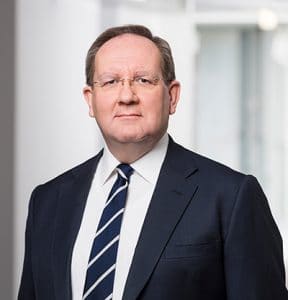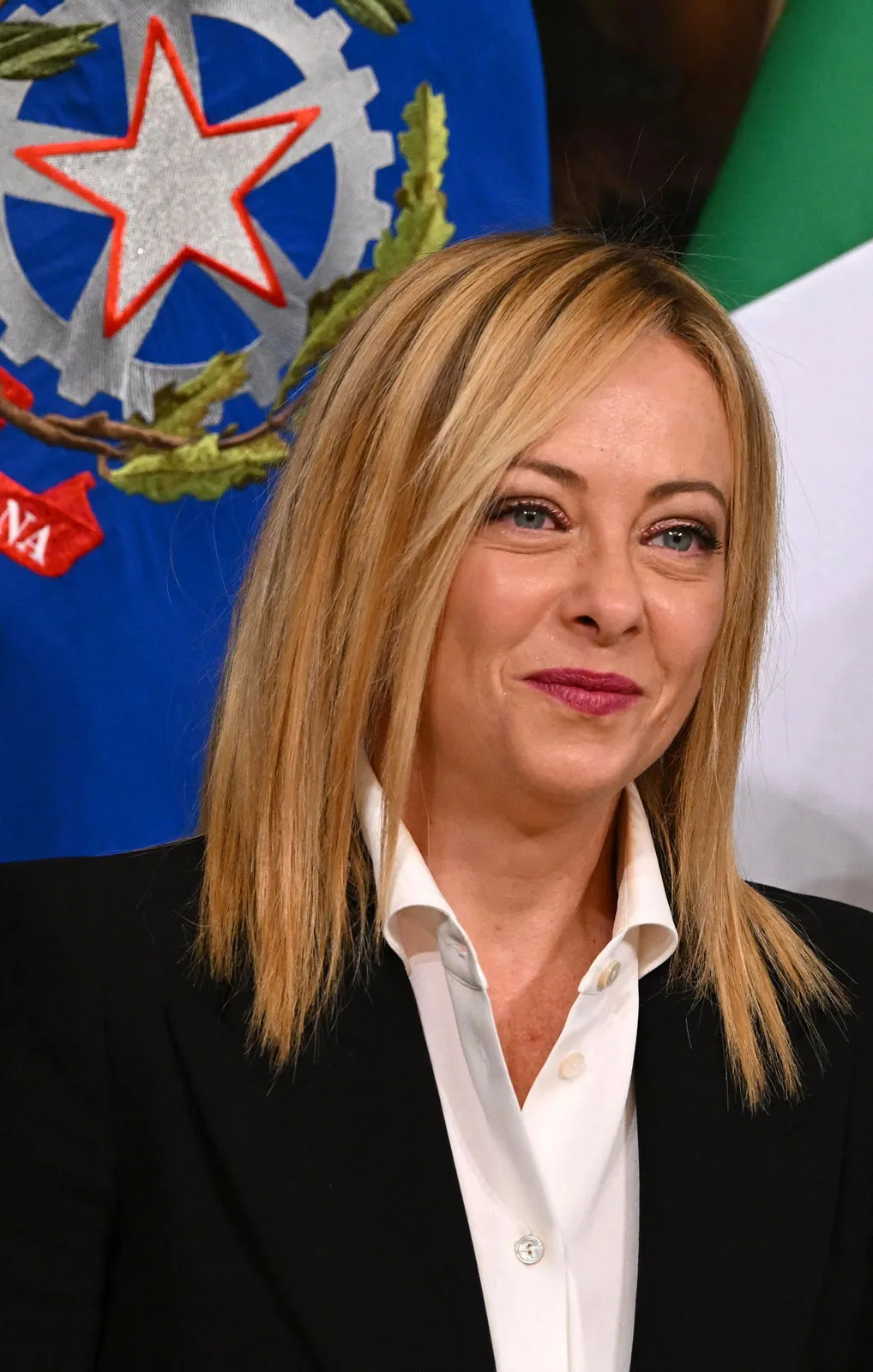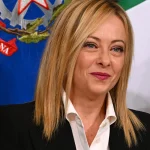The Failure of the Agencies Designed to Protect Investors

In the year 2018, Wirecard, a recognised venture capital fintech institution, was valued at more than €24bn. Clients include the German discounters Aldi and Lidl, and about 100 airlines. Wirecard replaced Commerzbank in the Dax 30 index, making it the go-to bank for investment for pension funds around the world.
In the year 2018, Wirecard was Europe’s largest fintech.
Two years later, they are $4bn in debt.
Ernst & Young (EY) were their auditors for eleven years, and for eleven years they failed to notice what was going on at Wirecard. EY didn’t verify balances for three years – they failed to do cash confirmation on Wirecard’s audit. Now, they are being sued by Wirecard investors.
But – there is more.
Where were the government institutions designed to protect investors during this period?
The German financial supervisory authority Bafin is required by law to create “market integrity”.
Where were they during these recent years?
In 2017, Wirecard Holding was classified as a financial institution.
But at the latest from summer 2019, according to the internal assessment, a regrouping and thus strict monitoring should have taken place.

Deutschland. Bonn. Bafin. 7.3.2018. Photo: Bernd Roselieb
Did Bafin boss Felix Hufeld trust the official channels too much?
And – he is not alone.
The “DPR” (Deutsche Prüfstelle für Rechnungslegung) is the German auditing body for accounting – the “accounting police”. They are responsible for checking the inspectors, so they also should have taken a closer look at what the EY auditors are doing.
Three times, Bafin asked the DPR to take action and review Wirecard’s balance sheets. These reviews were never completed and submitted to Bafin. The DPR let it go – and the Bafin apparently let it go.
This is a systemic failure at the interface between the state and the financial sector.
All the systems that were put in place to protect investors have instead, failed investors.
Investors have rights.
They need to express their displeasure at this current situation to official government heads – throughout the world – and they have the right to demand a better accounting.
As wrote the French playwright Molière:
“We are not only responsible for what we do, but also for what we don’t do.”





